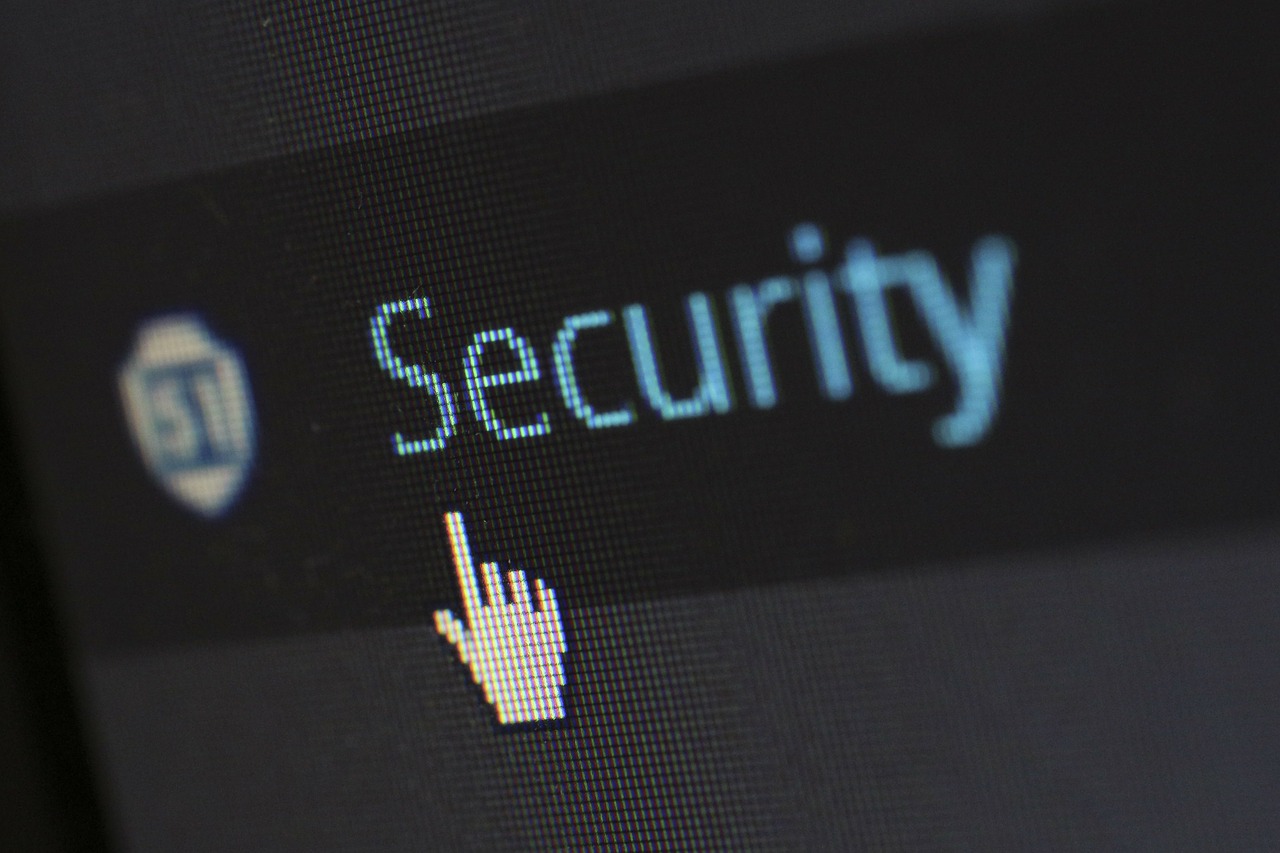Editor’s note: This post was written by Cassie Phillips, a freelance writer and technology blogger with a passion for internet security. She enjoys sharing tech news and tips for online safety and data privacy with fellow freelance writers. Check out other articles by following Cassie on Twitter.
To start off, I’d like to express my gratitude to FWJ for allowing me to publish my article on their page. I’ve found their website to be an excellent resource for freelance writers and I would recommend you take a look at “5 Questions Freelance Writers Should Ask Prospective Clients,” as the information mentioned is both useful and important for every freelancer to know.
Being a freelance writer can be a very rewarding opportunity, as you’re able to work from the comfort of your own home. However, it can also come along with some security risks. The majority of freelance writers work predominately online, and by doing so, they can sometimes become the target of hackers.
Unfortunately hackers aren’t the only ones you need to worry about either; there are scammers lurking around on freelance websites as well, sometimes in an effort to obtain your personal information for malicious purposes and other times, they might be trying to scam you out of some of your hard earned money.
Because of the risks involved with freelancing, it’s important to know how you can protect yourself online, as well as a little bit about some of the common scams floating around on the net that are targeted directly at freelancers. Here are some tips that should help you keep yourself protected during your career as a freelance writer.
Begin With Software
Before you can truly protect yourself online, you need to have security software installed on your device. It’s unwise to leave your computer open to cyber attacks because, even if you’re tech savvy and know how to avoid malicious websites and scammers, there’s always a chance that you could become the victim of a hacker or accidentally download malware. Nobody is completely immune to these sorts of things, but having your device protected can make a big difference.
To start out, install an anti-virus program if you have not done so already. You can find one for free, and many of them can be used on mobile devices as well. After you’ve done that, it would be a wise choice to install a Virtual Private Network (VPN) in order to protect your identity online.
VPNs are especially useful if you happen to be using an unsecured WiFi network, but they can also help you remain anonymous, as your location is hidden by the VPN. Since it’s a remote server that your internet traffic gets routed through, the VPN’s IP address will be shown instead of your own. It also encrypts your connection, keeping you safe from hackers.
According to SecureThoughts.com, the top three VPN services are ExpressVPN, IPVanish and HideMyAss. Anytime you’re working online, it’s important to keep your device protected, as your reputation as a freelancer could depend on it. The last thing any successful writer needs is for their documents or clients’ personal information to become compromised. A VPN will help prevent this, as well as prevent malware.
Never Provide Too Much
One of the most common ways freelance writers are taken advantage of online is when potential clients ask them to provide a sample or trial of their work. For example, a potential client might message you or respond to your proposal, asking you to provide a 10-page sample of your writing for them. When you deliver, there’s no guarantee that they’re actually planning on paying you for your time, even if they claimed they would.
There’s also the chance that you’ve been officially hired by the client to complete a whole lot of writing, whether for an e-book or other published works, and you’ll expect to get paid when the job is completed. After you send over the file(s), they might disappear and never pay, meaning you’ve just spent hours upon hours of your time completing work for someone for free. In order to prevent situations such as this from occurring, it would be a good idea to arrange payments in installments, rather than a lump sum at the end of the job.
Ask the client if they’re willing to do this, especially if you’re working on something that will eat up a lot of your time. If you’ve found your client on a freelance website, it’s also a good idea to check out if they have any reviews and if they have paid clients in the past.
The Same Goes For Your Personal Information…
Just as you shouldn’t provide too much as far as samples go, you shouldn’t provide a lot when it comes to your personal information. Giving the basics are fine, such as your name, email address, and possibly the city and state you live in if you’re comfortable with that, but there’s no reason to provide your home address or any other crucial pieces of identification.
Most importantly, never give out your banking details or offer to pay for any job-related costs upfront. Some scammers will actually ask you to do this and claim they will send you a check to reimburse you. Never fall for it; the freelancer should never have to front any costs, and as a freelance writer, it’s unlikely that there will be any associated with the job to begin with.
Secure Payments
When working with clients over the internet, it’s always a good idea to only accept payment through a trusted service, such as PayPal. Overall, their website is pretty secure on its own and you needn’t provide anything other than an email address in order to receive payments. Your funds are also available for use much quicker than they are when you’re being paid through freelance websites.
Of course there are still some benefits to being paid through freelance sites, especially if you’ve found your client on there. One main benefit is that you sometimes have payment protection through some of the popular freelancing websites, which will safeguard you if your client is trying to run off without compensating you for your work. Either way, by using secure payment services, you’re protecting a bit of your personal information since you won’t have to share your address or anything like that.
Strong Passwords Matter
Not everyone thinks of this, but strong passwords are extremely important as a freelancer, as your accounts are likely to contain lots of personal information, as well as the information of your clients. Keep them secure by creating passwords that include a combination of numbers, uppercase and lowercase letters and symbols whenever possible. They should also be somewhat unique (never a single word or contain info that can be linked to your identity), at least eight characters long and never reused across multiple accounts.
Security for Freelancers
With these security practices in place, you’ll be better protected online, even when you’re not working on freelance gigs. Remember that these tips can be put to use on more than just your computer; it’s important to protect your mobile devices since any gadget that connects to the internet could be an access point for hackers. Don’t forget to watch out for scams too!
Have you ever encountered a scam while freelancing? Let us know in the comments below.



Leave a Reply